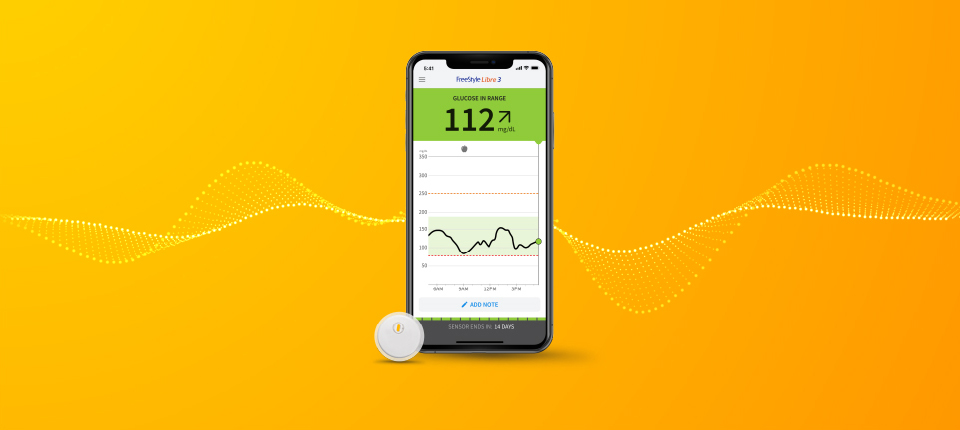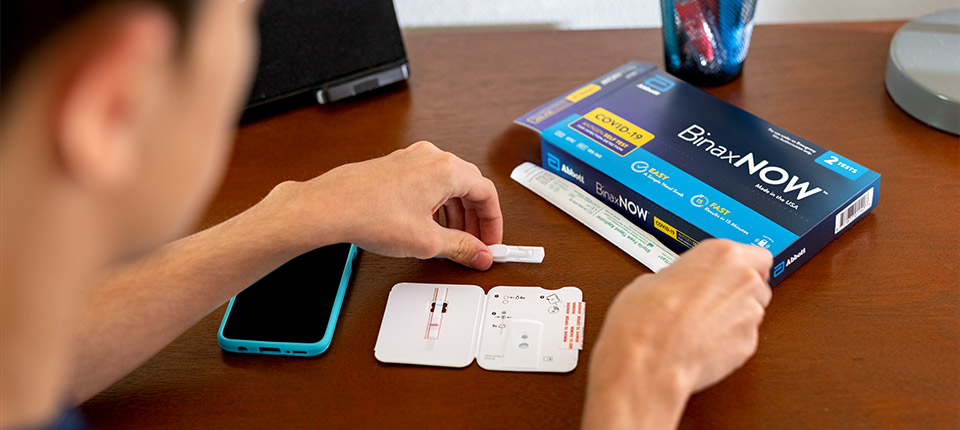If this story puts you to sleep, you can thank us when you wake up.
Because chances are, if you're anything like most folks, you're not getting enough sleep as it is. With the dark days of Autumn upon us, many may be hitting snooze while dreaming of the upcoming "Fall back" on Nov. 7 when we get an extra hour of sleep.
Let's dig in so you can better understand how sleep effects health… all before those eyelids get too heavy.
Beth Besecker (MBA, MD) is on the line. She is fellowship-trained in pulmonary, critical care and sleep medicine.
Kristin Hoddy (PhD, RD) is also on the line. She's completed a fellowship in sleep and circadian biology and researched the intersection between nutrition and sleep.
This is unquestionably a Dream Team.
While our digital clocks are about to change, our body clocks run on their own schedules. And that's because while not everybody can dance, everybody does have circadian rhythm.
Hoddy explains: "Circadian rhythm is often referred to as our internal clock. It determines how long our biological day is. Sunlight is a huge regulator. Likewise, activity and diet are modifiable factors that may also help our biology keep time with a 24-hour day."
Besecker agrees: "We live in 24-hour days but none of our circadian rhythms are exactly 24 hours. We use those external cues – light being the biggest one – to help keep us closer to that 24-hour time clock."
"While most people can adjust to an hour time change rather quickly," adds Hoddy, "long-term mismatch of our internal clocks with our external environment can potentially increase our risk for chronic disease."
Sleep Gets Compromised and Stuff Happens
As many people seem to recognize intuitively, we tend to prefer junk food following a bout of short sleep, which might explain why your late night may involve an affectionate embrace with leftover Halloween candy. This can be a troubling combination because our bodies may not handle sugar as well when we are lacking sleep.
"People generally believe that not sleeping well ends with the unpleasant feeling of being tired, and as a culture we often think we can tough it out," says Hoddy. "There are physiological responses to inadequate sleep, however, that we simply can't push through and these effects may influence other aspects of our health."
"Studies show people become less insulin-sensitive when they're not getting enough sleep," adds Besecker.
The two note that consequences of reduced sleep can occur in as little as four days. Over time, this may explain why chronic short sleep has been associated with increased risk of chronic disease, like type 2 diabetes, obesity, and hypertension.
Rhythm of the Night
Knowing that compromised sleep, brought on by shifts in your schedule and/or sleep habits, can negatively impact your health sounds like a pretty solid first step toward better health. However, the question remains: What do I do next?
Everyone's relationship with sleep is different based on their individual needs and ability to dedicate the recommended 7-8 hours of nightly slumber. "I try to target seven hours a night, but it can be difficult to achieve while juggling work and family," said Besecker.
Hoddy notes that her optimal sleep time is between eight to nine hours, but most of the time she's getting closer to seven or eight. She adds that when she falls short of sleep, she aims to be more conscious of other aspects of her lifestyle, like dietary choices. Clearly sleep can be challenging – even for the experts – but there are some tried and true sleep practices that we all can aim to reach.
Our experts recommend having consistent bed and wake times. "Irregular bedtimes, like going to bed at 2 a.m. one night and 9 p.m. the next, make it difficult for your body to know it's actually time to sleep," says Besecker.
A normal reaction to weekday sleep loss is to try to catch up over the weekend. Hoddy notes, "However, while weekend catch-up sleep is better than nothing, it's likely overly ambitious to think you'll repay all of your sleep-debt over a single weekend." They also note that having a bedtime routine can help send messages to your body that it's time for sleep.
Another helpful tip is to limit artificial light exposure at night as light, even from a phone, can send mixed messages to our brain about the time of day. "Individuals have different sensitivities to light exposure," said Hoddy. "Some could stare at a bright light and then fall asleep with no problem, but others may be adversely affected by just the glow from their TV or the flood light outside their window."
Both experts agree low light in the evening is best for natural melatonin production, an important hormone for sleep, and they add that cool temperatures in the bedroom may also support your efforts. Besecker advises, "Try to get in touch with what your body is telling you. You may notice that you tend to feel tired around the same time every night which can be your circadian system signaling it's time to sleep."
There are many online resources promising a ticket to dreamland. Our experts recommend information from credible organizations like the American Academy of Sleep Medicine to improve sleep practices that take into account circadian rhythms, while allowing for the realities that not everyone can prepare for a good night's sleep in the same way, or at the same time.
You Did It
Congratulations, you managed to stay awake after all this sleep talk. You now understand the importance of consistent, healthy sleep and its favorable impact on your long-term health and control of chronic conditions. Get some rest as best you can.
"Fall back" onto your resting surface of choice.
Adjust the lighting in your room to fit your needs. (Hint: Dark and quiet is best.)
We'll see you on the other side.






FOLLOW ABBOTT